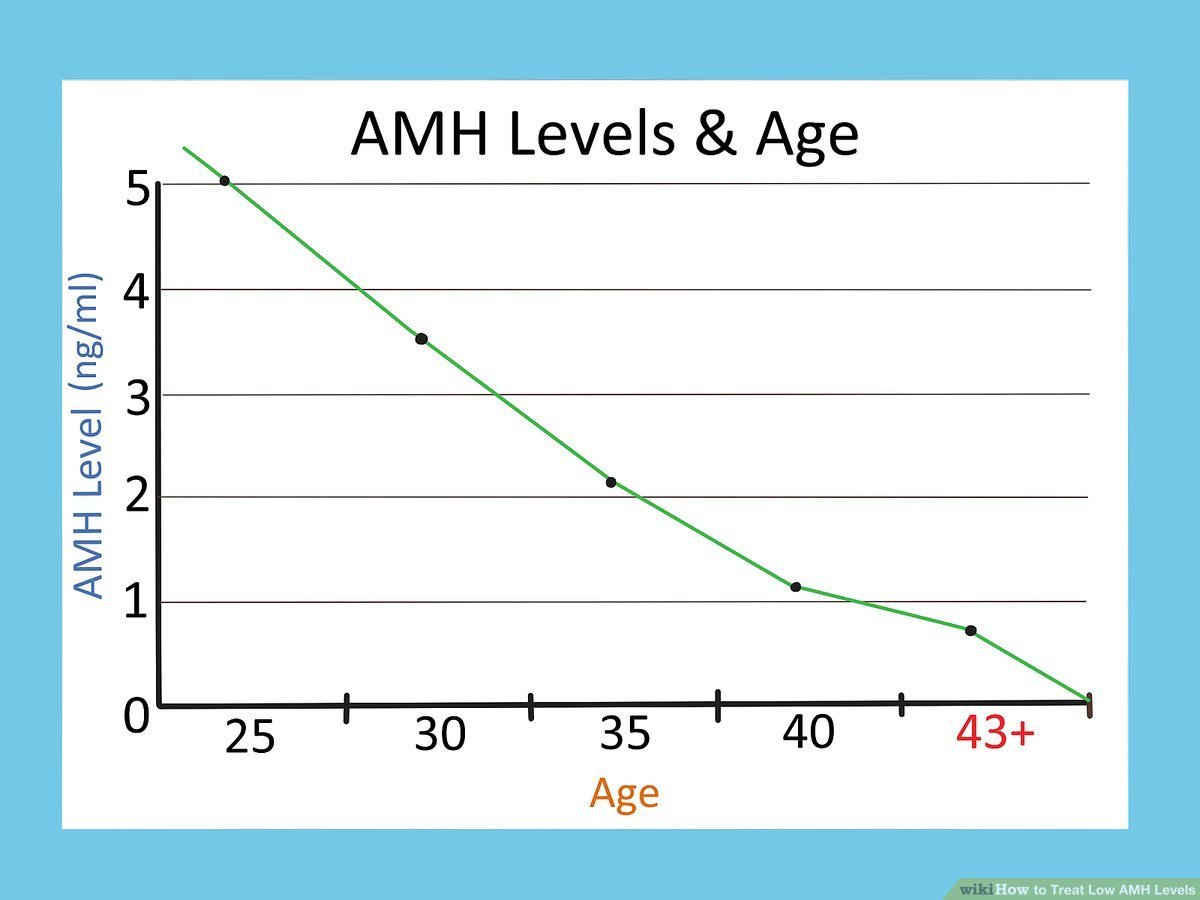
AMH, or anti-Müllerian hormone, is a hormone produced by cells in the developing ovarian follicles. It is often used as a marker of ovarian reserve, which refers to the number and quality of eggs a woman has remaining in her ovaries. A woman’s ovarian reserve naturally declines as she ages, and it can also be affected by certain medical conditions or treatments.
When trying to get pregnant, it is important to consider the potential impact of ovarian reserve on fertility. While AMH levels are not the only factor to consider when assessing fertility, they can be a useful indicator of fertility potential.
So, what is a good AMH level for pregnancy? It is difficult to give a specific AMH level that is considered “good” for pregnancy, as there is a wide range of normal values for AMH levels and they can vary significantly from one woman to another. Additionally, AMH levels alone do not necessarily predict fertility, as other factors such as the number and quality of eggs, uterine health, and overall health and lifestyle can also impact fertility.

However, it is generally believed that higher AMH levels may be associated with a higher likelihood of pregnancy. For example, some studies have found that women with AMH levels above 1.0 ng/mL are more likely to respond to fertility treatments such as in vitro fertilization (IVF) and have higher pregnancy rates. However, it is important to note that these studies have not consistently found a direct relationship between AMH levels and fertility, and more research is needed to fully understand the relationship between AMH and fertility.
It is also important to note that AMH levels can vary significantly over time, and may be affected by a number of factors such as age, hormonal changes, and medical conditions. Therefore, it is not recommended to rely solely on AMH levels when assessing fertility potential or trying to get pregnant.
If you are trying to get pregnant and are concerned about your fertility, it is important to speak with a healthcare provider. They can help you assess your fertility potential and recommend appropriate fertility treatments or lifestyle changes that may improve your chances of pregnancy.
Source : wikipedia
For Consultation contact Renew Healthcare – Best Ivf clinic in Kolkata
Male fertility is closely associated with the health of sperm. A healthy sperm count and strong motility are essential for...
Meet Priyanka, a busy marketing professional. Lately, her periods have become heavy and unpredictable. Cramping disrupts her workday, and she’s...
Role of IVF in Overcoming Infertility Challenges in Endometriosis Endometriosis is an often painful disorder in which tissue similar to...
Journey towards parenthood Infertility and childlessness can be challenging journeys for couples to navigate. The emotional and physical toll of...
The "Save the Sibling" Program "Save the Sibling" program, a collaboration of Renew Healthcare, Cordlife, and HCG EKO offers hope...
What is PCOD? PCOD, also known as Polycystic Ovary Syndrome, is a common hormonal disorder that affects women of reproductive...
Intrauterine insemination aka IUI is a common fertility treatment that many couples opt for having a biological child. The experts...
Getting sperm by any means for fertility purposes is known as sperm extraction. There are several ways to get sperm,...
Embryo Glue is a recent fertility procedure that doctors use to increase the chances of a successful IVF. One of...
IVF is an expensive procedure and requires several sessions to complete the treatment. With all the physical and mental pressure,...
